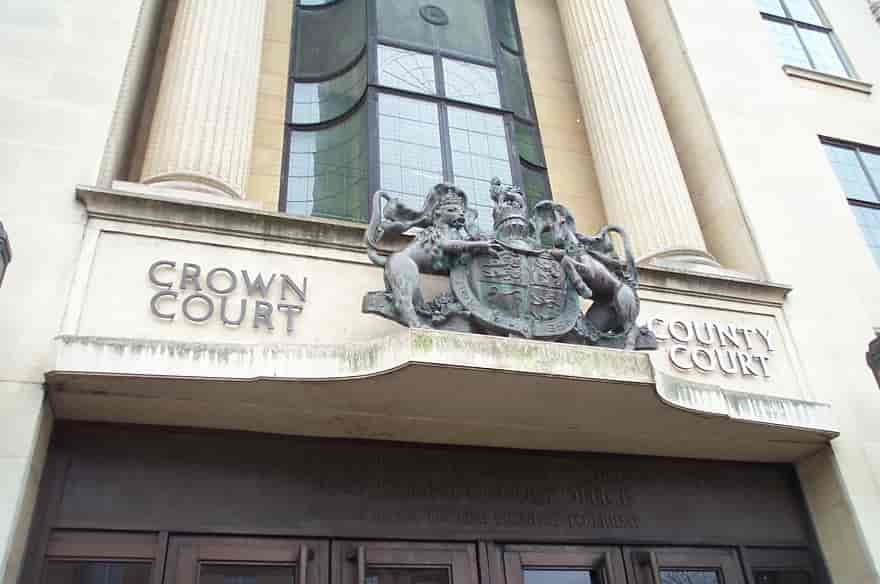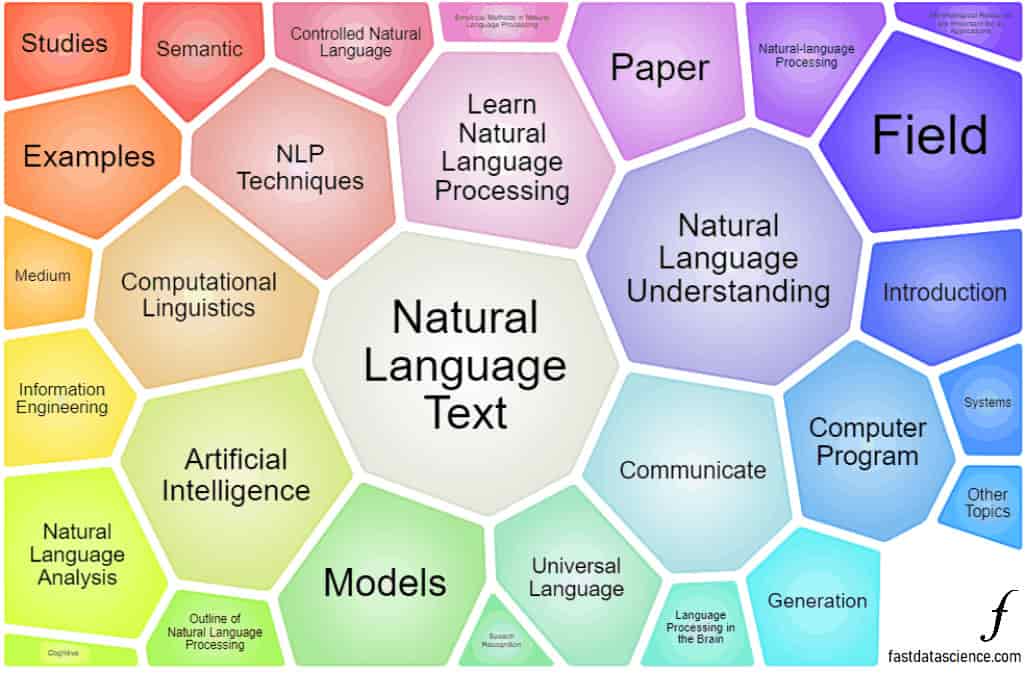One of the biggest challenges in legal cases involving AI is that AI systems are hard for humans to understand, as they are not ‘programmed’ in the traditional sense. Traditional computer programs function as a series of instructions, like a recipe, while AI systems write their own instructions. This means that it can be hard for fact-finders to follow how a system adapts.
In such cases, it is essential to find an expert in AI who not only understands the AI system fully, but is able to explain the key points to a lay audience.
AI expert witnesses typically come from fields such as software engineering or robotics, and may specialise in questions on niche areas of machine learning such as neural networks, or natural language processing (NLP).

You may be considering hiring an AI expert witness for your litigation, arbitration or a tribunal, where the outcome depends on detailed aspects of artificial intelligence. At Fast Data Science we have a number of professionals in our team with over 10 years of experience in academia and industry, who can be hired as AI expert witnesses in the UK or worldwide.
An expert witness is a person who has expert knowledge in a particular field, and who gives an impartial opinion to a court or tribunal on matters within their expertise. The opinion of an expert witness is accepted by a judge due to their skills or qualifications in that field. In England and Wales, expert witnesses are employed with a judge’s permission in various capacities such as litigation, arbitration, and tribunals.
Ask an AI expert witness. There are a number of definitions of AI. Back in the 1950s, researchers defined artificial intelligence as any task performed by a machine, which was previously considered the domain of human intelligence. Modern definitions tend to differentiate between narrow AI and general AI. Most commercial applications of AI today are narrow AI, meaning that they can perform a small range of tasks. Consider a chatbot which can book a flight, parry rudimentary small talk, but do little else. General AI, meaning an AI able to respond to new situations as a human would, and do anything from drive a car to play chess, to learning a new sport, is still mostly the preserve of science fiction, such as HAL in the film 2001: A Space Odyssey. One of the problems that AI experts face when communicating with laypeople is the conflation of narrow AI with general AI. Experts are divided as to when general AI will become a reality.
At Fast Data Science we have a number of data scientists in our team, and our main focus is natural language processing (NLP). The manager, Thomas Wood, studied a Masters in 2008 at Cambridge University in an area of NLP, Computer Speech, Text and Internet Technology, and conducted his research project on pleonastic pronouns using unsupervised learning. Since completing his postgraduate studies he has worked exclusively in data science, maintaining a constant focus on NLP, although he has occasionally worked in computer vision and other areas of data science, including a stint consulting for Tesco, predicting customer purchases. Thomas Wood founded Fast Data Science Ltd in 2018 to deliver data science consultancy focussing on natural language processing problems in large organisations that deal with lots of text data, such as healthcare, pharma, insurance and legal. In 2020 Fast Data Science diversified out to offer services in AI due diligence, and AI expert witnesses.
Fast Data Science - London
In England and Wales, the Crown Prosecution Service and the Civil Justice Council have published guidance on the use of expert witnesses in civil and criminal cases. Expert witnesses can be contrasted with fact witnesses. The evidence given by an expert witness must be tendered as opinion rather than fact.
“Expert evidence is admissible to furnish the court with information which is likely to be outside the experience and the knowledge of a judge or jury.” Ministry of Justice (England and Wales), Criminal Practice Direction V Evidence 19A Expert Evidence
For further information about expert witnesses, please refer to the following resources:


Expert evidence is simply the opinion of the expert. An expert witness assists a court in reaching a decision by providing independent technical analysis in their field of expertise, and an opinion on the issue at hand.
Expert evidence is admissible in Court when there are open questions that require the input of an expert. The Court has the power to permit or exclude expert evidence. In some large complex cases, each party may instruct their own expert witness, and a Court may allow the appointment of more than one expert.
Our data scientists have expertise in many areas of AI, in particular natural language processing, and including:

Our data scientists primarily use the following technologies:
We have worked on a number of AI projects in the past, including:
Please check out our portfolio of case studies, or look at the list of past clients from the top menu, for more information.
What we can do for you